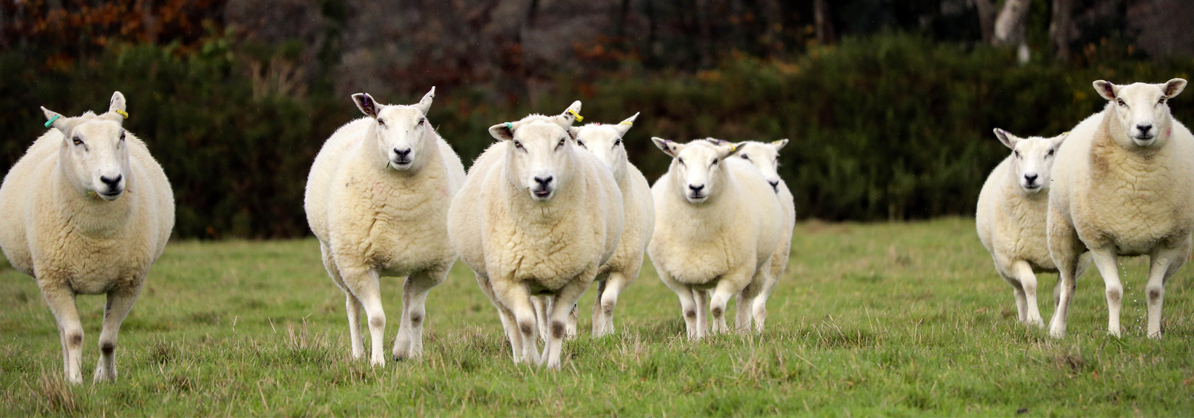Land Business Update Week Commencing 21st June 2021
TRADE AND SOME EFFECTS OF BREXIT
UK agrees trade deal with Australia
The agreement eliminates tariffs on all UK exports to Australia and the government says it will boost jobs and businesses. It has also said that British farmers will be protected by a cap on tariff-free imports, using tariff rate quotas and other safeguards. Not all details are available but some key points are:
- Beef tariffs on imports to the UK will be eliminated after 10 years, with Australia having an immediate duty-free quota of 35,000 tonnes, which will rise to 110,000 tonnes in 10 years.
- Sheep meat tariffs will also be eliminated after 10 years, with an immediate duty-free quota of 25,000 tonnes, which will rise to 75,000 tonnes in 10 years.
- Sugar tariffs will be eliminated over eight years, with an immediate duty-free quota of 80,000 tonnes, rising by 20,000 tonnes each year.
- Dairy tariffs will be eliminated over five years, with an immediate duty-free quota for cheese of 24,000 tonnes and 20,000 tonnes for non-cheese dairy.
The NFU says it is still waiting for details to understand whether safeguards to protect UK farming are sufficient. The FT reports the UK government is proposing that the zero-tariff regime would only be available to those products that meet British farming standards. The challenge of doing this is that setting differential tariffs for higher-standards imports could lead to a series of difficult conversations about exactly what those standards mean. The agreement is seen by many as a template for other agreements the government is planning. It is expected to come into effect in mid-2022. The Treasury has said the deal is expected to be worth an additional 0.01-0.02% of gross domestic product over 15 years, or £200m-£500m compared with 2018 levels.
EU settlement scheme for EU nationals
The deadline for EU nationals who arrived in the UK before 31st December 2020 to apply for settled status in order to retain the right to live and work in the UK is 30th June 2021. If someone does not have settled status they will need to obtain alternative immigration permission.
Labour shortages are reducing meat production
The British Meat Processors Association says that processors are 10 – 11% short of full capacity and some businesses expect to have to reduce deliveries to shops and also tell farmers that they can no longer take animals from farms. There are also reported shortages in the hospitality, transport and construction sectors, which have relied on EU workers in the past.
ECONOMY AND PROPERTY
Commercial property eviction ban leads to landlords’ anger
The government has extended the ban on evictions of tenants in commercial properties until 25th March 2022 due to the on-going COVID pandemic. While the news has been welcomed by the hospitality and retail sectors, it has been criticised by a number of property companies, some of which have said that it feels like the sector is being targeted by government intervention and being deprived of their legal rights. The Times reports commercial rent arrears to have risen to more than £6 billion since the start of the pandemic.
Seven new research projects funded on rural enterprise in England
The National Innovation Centre for Rural Enterprise (NICRE) has awarded £100,000 of funding to seven projects. They are:
- examining how the pandemic has impacted on older people’s shopping habits and behaviours in rural areas.
- examining the make-up of clusters of creative industries in rural areas and their contribution to the rural economy.
- defining rural food hubs and exploring their contribution to rural enterprise.
- exploring the attitudes of rural entrepreneurs towards community-led place-making and transport planning.
- how rural and agricultural shows can become more resilient by using online spaces.
- the contribution and potential of social enterprises to strengthen rural economies and tackle the challenges faced by rural communities.
- how rural food, farming and forestry SMEs operate within localised supply chains and the challenges they face in terms of business development and innovation potential.
Strutt & Parker is one of the founding commercial partners of NICRE and we will report on the findings of the projects when they are finished.
Delivering the goods event on net zero and sustainable delivery – 30 June
NICRE is co-hosting an interactive event for food and drink businesses to help them realise their full net-zero potential and move towards sustainable delivery. The online event takes place from 9.30 – 12.00 on 30th June. It is being organised jointly with Food and Drink North East and the Rural Design Centre Innovation Project. Please register here if you would like to attend.
FORESTRY
Woodland planting falls – again – across the UK
13,400 hectares of new woodland were created in 2020 – 21 in the UK, which is less than was planted in the previous two years. About 80% of the new planning is in Scotland with only 2,200 hectares planted in England. The government’s target is for 30,000 hectares to be planted a year across the UK by the end of 2025. Environmental organisations have warned that the government is not doing enough to protect and expand woodlands. In addition, data from the Forestry Commission shows that there is ‘little change’ in the percentage of woodland that is sustainably managed. Darren Moorcroft, chief executive of the Woodland Trust, said the statistics ‘show how far we are from where we need to be’.
England Woodland Creation Offer
Given the fall in woodland planting, it is probably good news that there is a new scheme to encourage more tree planting. The new EWCO scheme (which is undoubtedly going to be called EWOC, at least by Star Wars fans) was announced alongside the England Trees Action Plan and is due to open for applications in ‘late Spring 2021’. It replaces the replaces the Woodland Carbon Fund and will be available for planting both native broadleaf woodlands and conifer and mixed woodlands. It will cover capital costs at a 100% intervention rate (up to a per hectare cap), plus annual maintenance payments for 10 years. It will fund any size woodland from one hectare upwards and various supplements can be ‘stacked’ onto the basic grant where the woodland delivers extra public benefit:
- Nature recovery
- Riparian buffers
- Permissive access
- Woodland creation close to settlements
- Water quality
- Reducing flood risk.
A significant administrative change is that it will be operated by the Forestry Commission, not the RPA or Natural England, and so may be easier for applicants. Agreements are also likely to include a break clause which will allow transfers to ELMS, without penalty, if it is more advantageous.
Take part in the Future Oak survey
Acute Oak Decline (AOD) is a serious threat facing native oak trees in Britain and is widespread in southern and central England, with almost one third of woodlands affected. The Future Oak Research Project is an exploration into the oak microbiome and AOD. Taking part in the survey allows forest managers to provide their expertise and help shape how oak species can be better protected into the future.






